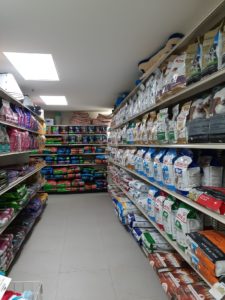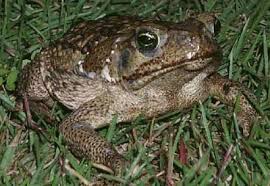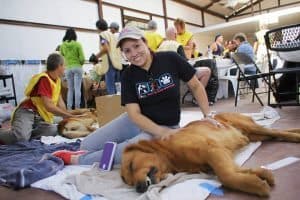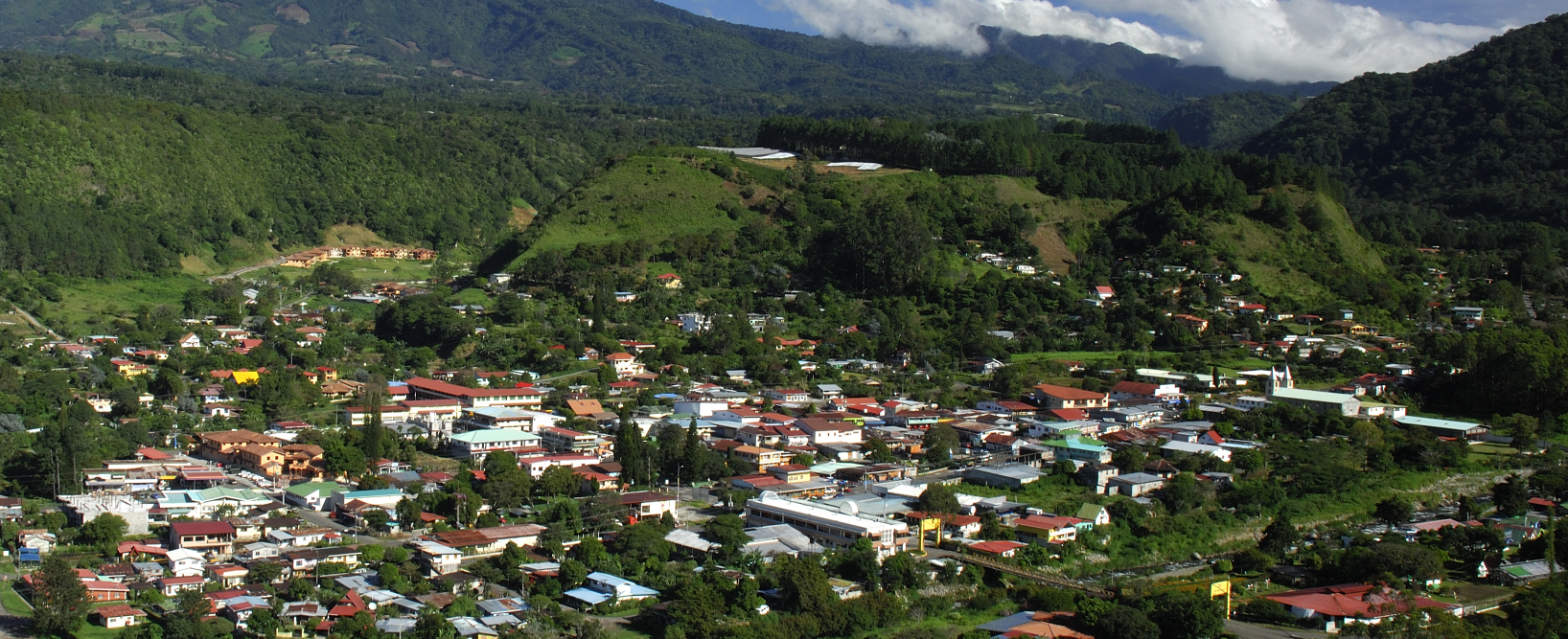There’s a process, but bringing your fur babies with you when you move to Panama is easy.
Each airline has different pet policies. Find the airline with the most friendly pet policy for your type of pet, and then book your and your pet’s flight at least 2-3 months in advance.
Then, make sure your pet is up to date on their vaccinations. Thirty days before you move to Panama, you must get an international health certificate issued by a certified vet to issue them.
The next step is to get the health certificate authenticated by the agriculture department and then another authentication from the Panama Consulate in your country.
Simultaneously, you’ll need the authorization to bring your pets into Panama and get a home quarantine certificate.
Don’t worry; during your Panama Relocation Tour or in the Complete Panama Relocation Guide, we will give you all the details about reliable contacts who can help get your pets into Panama most affordably and safely.
Bringing your pets into Panama costs approximately $500 – $600 per pet. This price includes airfare, vet certifications, and authentications in both countries. It’s a simple process. There is no need to hire a pet relocation company, which will charge about $3000 per pet.
PET CARE IN PANAMA
Once your pets get to Panama, now what? What kind of care can you expect? What food is available? Will you still be able to spoil your little prince or princess in the manner that they are accustomed to? The answer is absolutely!
Panama has veterinarians who are as highly trained as they are in your country of origin. Some vets speak perfect English, but some don’t. You can get recommendations from fellow expats about which vet they use. All of the vets I have encountered are knowledgeable and have the latest technological equipment and services available. So if you bring your little fur kids in for an annual checkup or a more serious procedure, you can rest assured that “Sir Barksalot” or “Miss Whiskers” will get the best possible care in Panama!
One thing that you will be shocked about is the price. The prices that Panamanian veterinarians charge are far less than what you pay in your country. Depending on what part of Panama you live in, a regular office visit could range from around $7.00 to $20.00. Blood work in Coronado, for example, is around $25.00. However, the blood work will cost only $15.00 in Boquete or David! Plus, the doctor will give you a printout immediately showing the entire tests that were given with the results!
You will also be surprised to find that many vets in Panama will also do house calls for about $25. When was the last time a vet came to your house to care for your little one? The care has been outstanding with every vet I have used in Panama.
GROOMERS
A friend has a Chihuahua, which is notorious for being a difficult dog to handle. But the groomers and the doctors here in Panama have a special calming touch. It is amazing!
Some towns in Panama have grooming places. Some towns do not. Often, the groomer is in the same office as your veterinarian. The grooming prices also vary depending on what part of the country you live in and the size of your pet. For example, in Coronado, one of the groomers charges between $14.00 to $30.00 per animal (Chihuahua vs. German Sheppard). Grooming includes bathing, grooming, cleaning the ears and the anal ducts, and having their toenail clipped. Keep in mind that Coronado is one of the most expensive places to live, so call around and get the price for the town that you are living in or plan on moving to.
PET/HOUSE SITTERS

Pet sitters are available throughout Panama, especially in the towns where there are a lot of expats. If you go away for a few days or a few months, some people will come and stay at your house and take care of your house and your pet. That is much better for the animal because they do not have the stress of being taken away from their home, yet they still get the care and attention they need. I pay $25 a day for someone to stay at my house and care for my cats while I am traveling. There is no fee for some house/pet sitters for longer terms. It is a win-win situation!
Check social media or word of mouth for people who offer pet/house-sitting services. You can always find someone who can accommodate you and your pets. There are also day-sitting places to take your pet, along with obedience classes. Panama is a very pet-friendly country!
Some pet stores have every specialty for certain pet food brands, to special needs pet foods. They even have gluten-free products available! Some pet stores have kennels, pet beds, toys, and treats for dogs. There are limited cat treats, and I have been unable to find Temptation Cat Treats in Panama, so I have to order them from Amazon to get shipped to Panama.
FLEAS, TICKS, AND OTHER CRITTERS
If you allow your pets to go outside, they may get fleas or ticks, especially in the warmer climate areas in Panama. You can buy over the counter treatments or your Panama vet will have stronger medications available. There are also natural pest control products available for pets (which I prefer).
Snakes can be a problem in warmer climate areas too. I know people who have lost their dog to coral snake bites. It may be better to keep your dog on a leash when they go outside so you can prevent encounters with snakes or cane toads. I also know people who live in Panama who have trained their dogs to stay away from snakes and toads.
Cane toads can be deadly for dogs in Panama. They are rather defenseless-looking creatures, but they are loaded with an extremely toxic chemical located in glands along their back. When a dog bites or mouths the toad, these chemicals are released from the glands and absorbed through the mucous membranes of the dog’s mouth into the bloodstream. The toxin can then cause a multitude of effects, such as vomiting, diarrhea, trembling, panting, increased salivation, red gums, very high and irregular heart rate, seizures and possible death due to heart failure. The severity depends on contact time, the amount of toxin absorbed and the dog’s size. Smaller breeds are potentially the most severely affected.
My cats are inside outside cats during the day. They stay in at night. The biggest concern I have is that a dog gets on my property and tries to attack them. So I have a gate at my entry to try to prevent unwanted dogs from getting on to my property.
ADOPT A PET IN PANAMA
You can adopt a pet, or a pet may adopt you, once you move to Panama. There are foster and adoption agencies available. And in every town that has an expat community, they are always looking for volunteers to work with the animals.
Most towns have a spray/neuter days where the local veterinarians and the volunteers will give their time and expertise for the stray animals and for the less fortunate pet owners who would not be able to afford the luxury of that particular service. Because of the successful spay and neuter clinics, Panama does not have the major problems that many foreign countries have with an overabundance of feral dogs or cats. The generosity of these volunteers is helping Panama. And the joy that they give to Panama also comes back to them with the joy that they receive by helping these adorable little animals!
In closing, whether you have a pet cat or a Great Dane, rest assured that your pet will be well taken care of in your new country! Welcome all pets!







